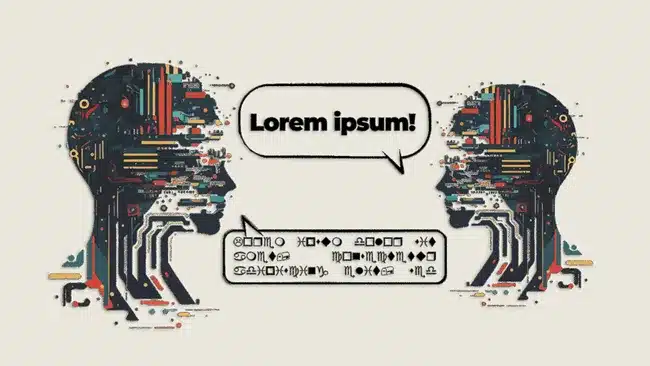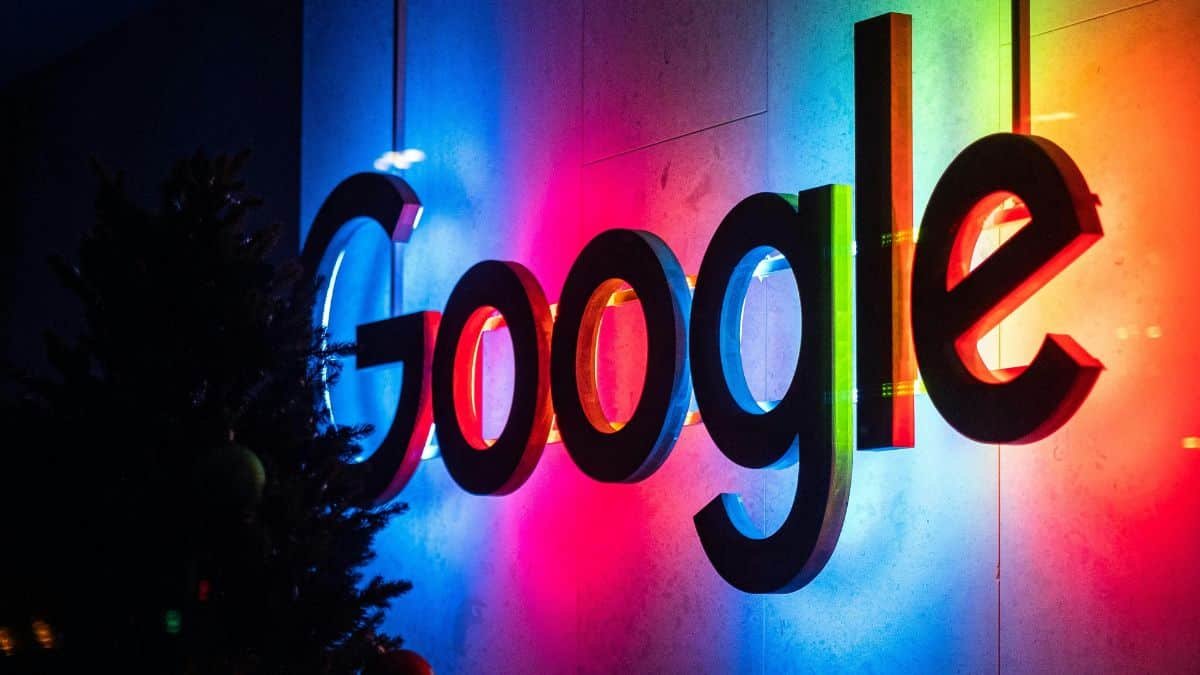In a groundbreaking move, Google is reportedly developing AI versions of celebrities that users can interact with on YouTube. This innovative project aims to blend artificial intelligence with popular culture, offering fans a unique way to engage with their favorite stars. The implications of this technology extend beyond entertainment, potentially transforming digital interactions and setting a new standard for virtual experiences.
The Vision Behind AI Celebrities
Google’s initiative to create AI versions of celebrities stems from a desire to enhance user engagement and provide immersive experiences. By leveraging advanced AI technologies, Google aims to bring a new level of interactivity to its platforms, allowing users to have personalized conversations with digital replicas of their favorite celebrities. This concept aligns with the growing trend of using AI to simulate human-like interactions, making technology more relatable and accessible.
How AI Celebrities Work
At the core of Google’s AI celebrities is sophisticated natural language processing (NLP) and machine learning algorithms. These AI models are trained on vast datasets that include the celebrity’s voice, mannerisms, and personality traits. The result is an AI that can mimic the celebrity’s speech patterns, respond to questions, and engage in conversations that feel authentic.
The AI celebrities are integrated into YouTube, where users can interact with them through chat features or even video calls. These interactions are designed to be seamless and intuitive, providing a realistic experience that closely resembles talking to the real celebrity.
Potential Applications and Benefits
The creation of AI celebrities opens up numerous possibilities for both users and content creators. For fans, this technology offers an unprecedented level of access to their favorite stars. Imagine being able to ask your favorite actor about their latest movie or get fitness tips from a renowned athlete. These personalized interactions can deepen the connection between fans and celebrities, enhancing the overall entertainment experience.
For content creators and influencers, AI celebrities can serve as valuable tools for engagement. They can be used to promote new content, provide personalized shoutouts, or even participate in live events and Q&A sessions. This can help creators reach a wider audience and foster a more interactive community.
Ethical Considerations and Challenges
While the concept of AI celebrities is exciting, it also raises several ethical and practical challenges. One major concern is consent and representation. Celebrities must agree to have their likeness and voice used for AI purposes, and there needs to be clear guidelines on how these AI models can be used. Additionally, there are privacy issues to consider, as users may share personal information during interactions with AI celebrities.
Another challenge is ensuring the accuracy and appropriateness of the AI responses. Misinformation or inappropriate content generated by AI can harm the celebrity’s reputation and lead to negative user experiences. Therefore, rigorous testing and continuous monitoring are essential to maintain the quality and integrity of these AI interactions.
The Impact on the Entertainment Industry

The introduction of AI celebrities could have a significant impact on the entertainment industry. It offers new revenue streams for celebrities and influencers, who can monetize their digital likenesses through partnerships with tech companies like Google. This technology also opens up new avenues for marketing and promotions, as brands can collaborate with AI versions of celebrities to reach their target audiences in innovative ways.
Furthermore, AI celebrities could revolutionize fan engagement by providing a more interactive and personalized experience. This could lead to increased loyalty and a stronger fan base, benefiting both the celebrities and the platforms that host these AI interactions.
Future Prospects
As AI technology continues to evolve, the possibilities for AI celebrities are vast. Future developments could include more advanced conversational abilities, enhanced emotional intelligence, and greater integration with other digital platforms. For example, AI celebrities could be used in virtual reality environments, allowing users to interact with their favorite stars in immersive digital worlds.
Google’s project could also pave the way for AI-driven entertainment, where virtual characters play a more prominent role in movies, TV shows, and video games. This could lead to new forms of storytelling and creative expression, pushing the boundaries of what is possible in the digital age.
Conclusion
Google’s creation of AI versions of celebrities for YouTube represents a significant milestone in the intersection of artificial intelligence and popular culture. This technology has the potential to transform how we interact with famous personalities, offering new opportunities for engagement, entertainment, and innovation. As the technology matures, it will be crucial to address the ethical and practical challenges to ensure that AI celebrities are used responsibly and effectively.
















